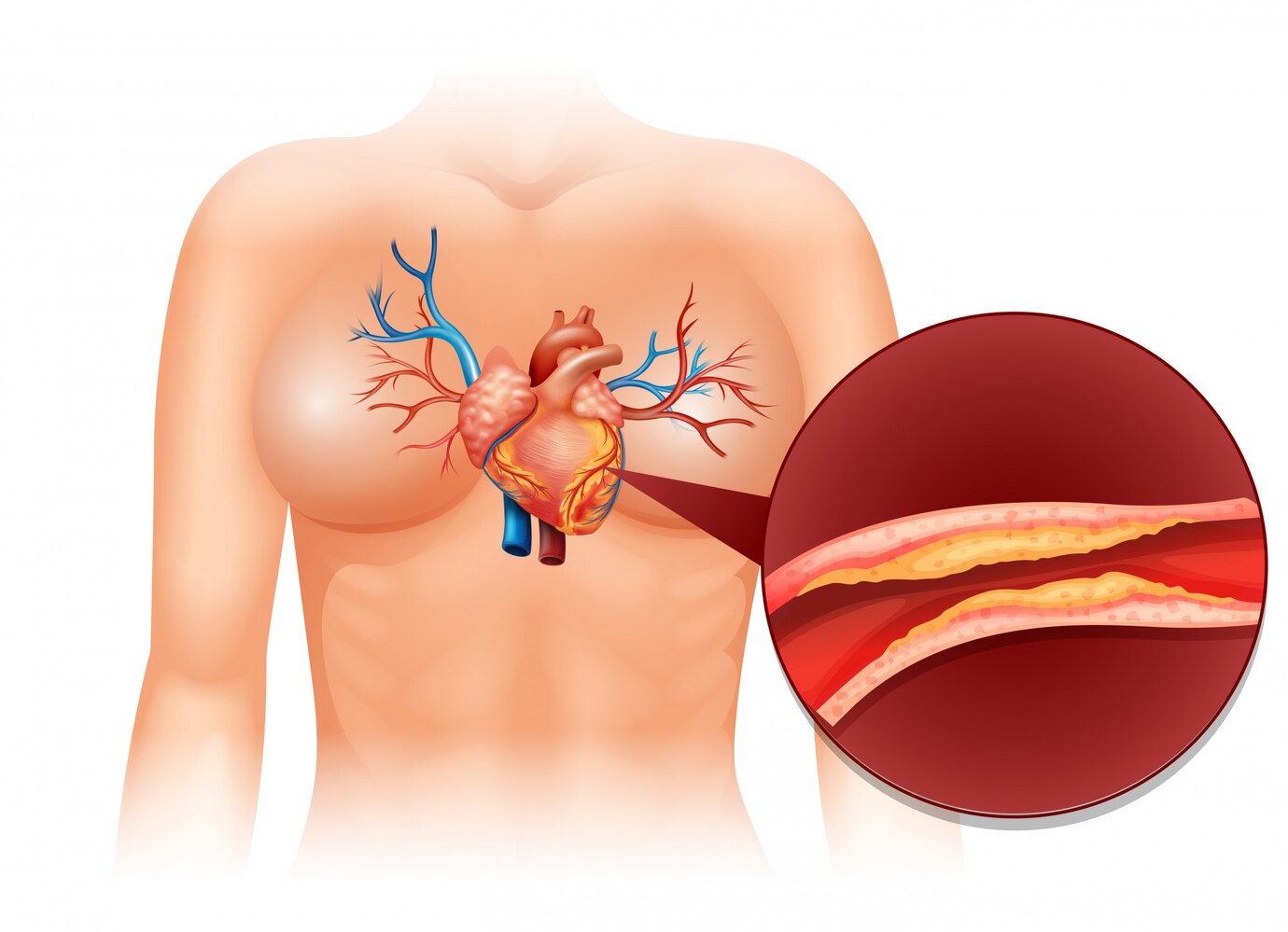With the drastic and unpredictable change in the climatic condition and increasing pollution in our environment the incidence of Sinusitis are increasing in our Country.
Read MoreBook an Appointment +91-95000 01177
Book an Appointment +91-95000 01177
When it comes to assessing the risk of heart disease, traditional tests like electrocardiograms (ECG), treadmill stress tests, blood troponin levels, and quantitative homocysteine measurements are often the go-to methods in modern medicine. These tests provide valuable insights into a person’s heart health. However, to truly understand the risk of a heart attack, we must delve deeper and consider factors that go beyond the surface.
One such essential marker that Doctor Shaji relies on is high-sensitivity C-reactive protein (hs-CRP). This protein is a crucial indicator of inflammation in the body, and elevated levels of hs-CRP can increase the likelihood of clot formation in the bloodstream. In this blog, we will explore the significance of hs-CRP in identifying heart attack risk and how addressing inflammation can be a game-changer for heart health.
Understanding Traditional Heart Tests

The Role of High-Sensitivity C-Reactive Protein (hs-CRP)
Now, let’s turn our attention to hs-CRP, a marker that can provide a deeper understanding of heart health.
C-reactive protein (CRP) is a substance produced by the liver in response to inflammation in the body. Traditional CRP tests measure larger quantities of CRP and are primarily used to assess acute inflammation. High-sensitivity C-reactive protein, on the other hand, can detect even minor increases in CRP levels, making it a valuable tool for assessing chronic, low-level inflammation.
When hs-CRP levels are elevated, it indicates the presence of inflammation, which can contribute to clot formation in the bloodstream. Clots can block arteries, leading to heart attacks. This is why hs-CRP is considered a crucial marker for heart disease risk assessment.
Understanding the Inflammatory Pathway to Heart Disease
Inflammation is a fundamental component of the body’s immune response. It helps the body fight off infections and heal injuries. However, chronic inflammation can be detrimental, especially when it occurs in the blood vessels. The inflammatory process can lead to the formation of plaques in the arteries, a condition known as atherosclerosis.
These plaques are not merely deposits of fat and cholesterol; they contain inflammatory cells and substances that contribute to clot formation. When a clot blocks an already narrowed artery, it can trigger a heart attack. This is why managing inflammation is critical for heart health.
Addressing High-Sensitivity C-Reactive Protein Levels
With the drastic and unpredictable change in the climatic condition and increasing pollution in our environment the incidence of Sinusitis are increasing in our Country.
Read MoreThis informative piece sheds light on the nature of this chronic autoimmune condition, its potential causes, symptoms, and available treatment options.
Read More